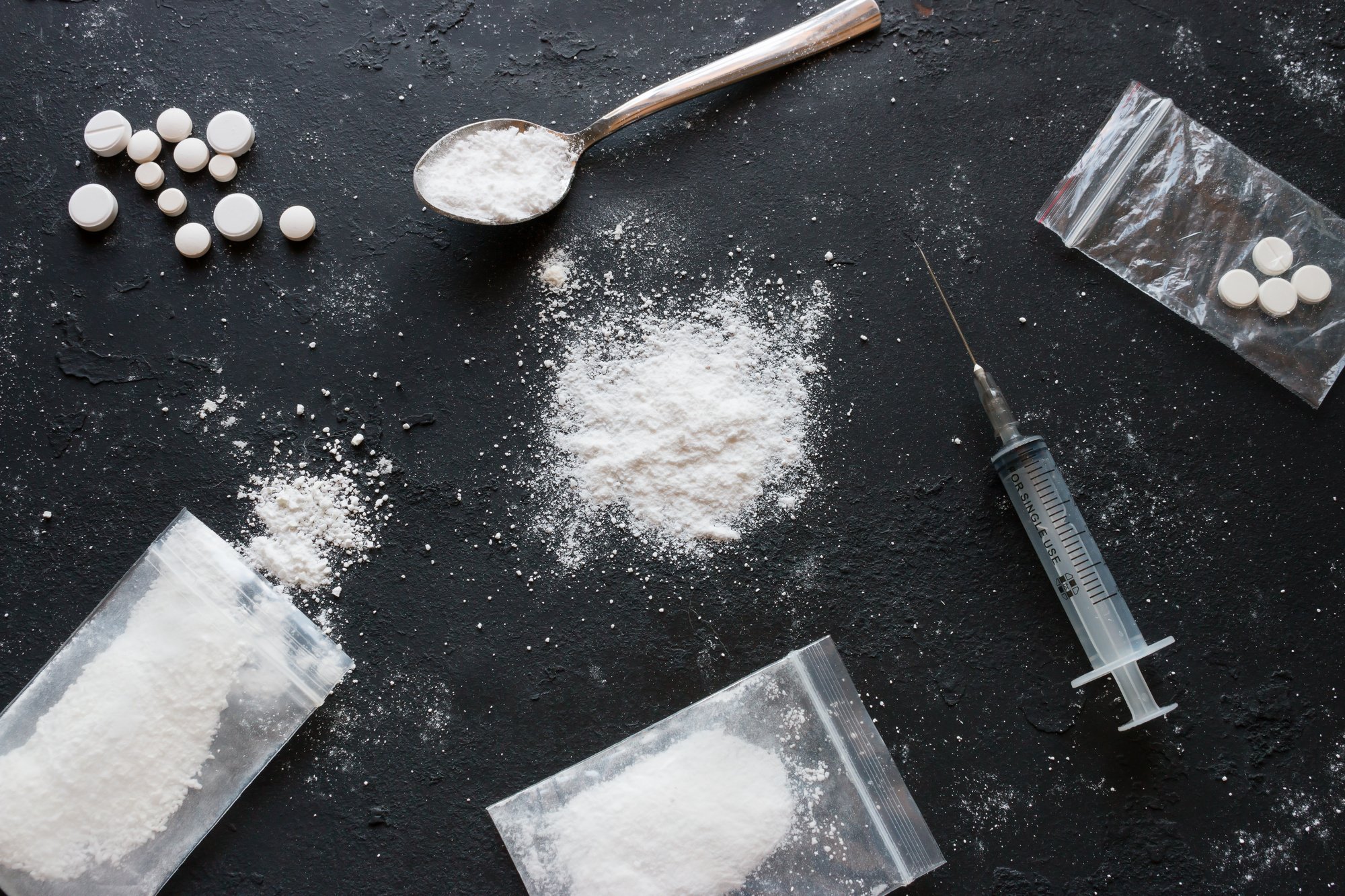What Is The Addiction Treatment Process

When an individual first begins an addiction treatment plan, it's important to have as much information as possible about the treatment plan to ensure it is effective. It's also critical to begin an addiction treatment plan early in the recovery process to give the recovering addict time to prepare and become comfortable with their new lifestyle. Unfortunately, many addicts choose to "go it alone" without having all of the facts. As such, a combination of support from family members and other individuals is critical for successful treatment. However, when a person does opt for self-based treatment or enrolls in an inpatient treatment facility, they may be subject to relapse after completing their plan. Types of Addiction Treatment: There are several different types of addiction treatment available depending on the severity and behaviors of the addiction. Inpatient and outpatient services are common, but both require the involvement and dedication of the patient and their family. There are many different types of therapies that can be used to treat various addictions. One type of therapy is behavioral activation therapy. This therapy focuses on changing a person's thought patterns and increasing their self-awareness through exploration and challenge of unfamiliar situations. Animal-assisted therapy: This type of therapy involves exposure to animals in an environment-controlling manner to help patients gain a sense of control over their lives. Medications may be prescribed or may be used to reduce the symptoms of the addiction. Some medications are habit-forming or physically addictive and must be monitored by a medical professional. Men's heroin rehab programs provide individuals with tools to help change their behaviors and habits. Rehabilitation techniques to help individuals deal with the symptoms of withdrawal and successfully transition back to their normal lifestyle. It's important to understand that any addiction treatment should be tailored to meet the needs of the individual seeking treatment. Many addiction treatment centers are equipped with specialists who are highly trained in addiction treatment and their particular needs. Inpatient services are available for chemically dependent individuals who are unable to enter the community. Services can be obtained at the addiction treatment center 24 hours a day. Family services may also be required at times. Most long-term drug rehabs treatments focus on the psychological aspects. Symptoms of withdrawal can include mood swings, anxiety, insomnia, and depression. During the process of chemical detoxification, patients may experience nausea, vomiting, and diarrhea. Long-term medication is required to control these symptoms. For those patients unable to take medication on a long-term basis, medical detoxification is often recommended as an option. The treatment of any co-occurring disorders is equally important. Depression, anxiety, and other co-occurring disorders need to be treated together to best benefit the patient. Medications are often prescribed and both mental and medical detoxification procedures are necessary. If you or someone you know is suffering from an addiction, it is crucial to seek treatment immediately. See post here: https://www.dictionary.com/e/whats-wrong-with-the-word-addict-video/.
